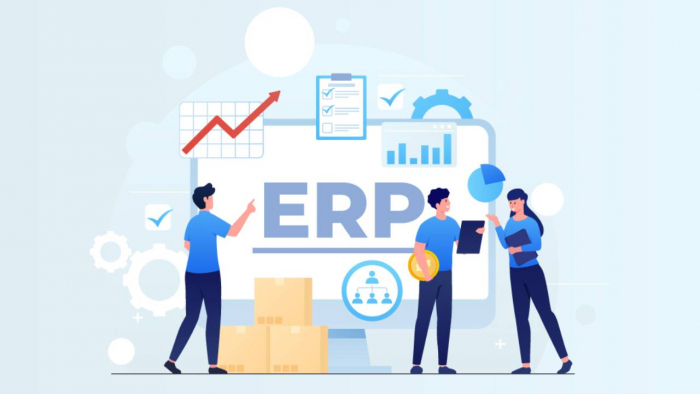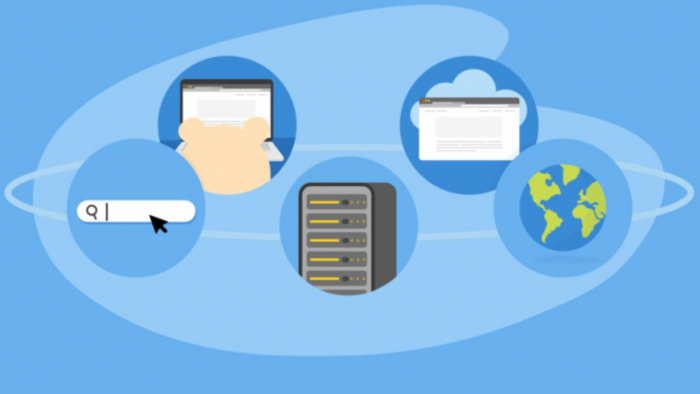Suppose you are a company in the process of migrating to SAP or actively using the system and want to upgrade to its newer versions. In that case, you will already be receiving benefits such as centralized management of resources, finance, supply chains, and customer data. Also, you'll benefit from smoother operations, better visibility, and real-time updates.
Yet, in some cases, deciding to switch to SAP is half the story. Proper configuration and flawless migration are what make a real difference.
In practice, a business can experience the benefits of implementing SAP solutions in various scenarios, depending on whether it addresses the in-house team or utilizes specialized SAP consulting services.
In this article, we'll describe some of them, and you can find your case in the list to find out what to expect. Let’s get started!
You Implement an SAP Solution for the First Time
The first-time SAP implementation is often the case when people might need the help of SAP consulting. Although some companies may opt for the help of the in-house teams, a SAP consulting service can be surprisingly a game-changer. This is because such teams typically have experience in various industry-specific use cases and can guide a new company through a challenging decision between different implementation scenarios.

For example, they can help you rebuild the business's architecture according to SAP requirements, making it more friendly for future implementation and updates.
As for industry-specific features, a company like LeverX, which is an SAP Gold Partner, can advise on the most useful ones and help you avoid paying fees for those you'll never need.
Additionally, SAP consulting services handle matters related to compliance regulations and change management. They also educate companies' staff on best practices with SAP, ensuring a smooth and efficient transition in all aspects.
You Want to Upgrade to a Newer SAP Version
In cases where an experienced SAP user decides to upgrade to a newer SAP version, the SAP consulting team can
also provide significant assistance. Consulting services usually know the newest SAP implementation tricks, which may make a real difference.
For example, if you have on-premise SAP software and want to migrate to the cloud, such a team can devise an effective cloud architecture, prepare the data, and lead you through the migration with minimal friction. Usually, even SAP users have fragmented data and need some level of validation and cleaning before migrating to the cloud. SAP consulting services help with that a lot.
Similarly, consultants can guide your business through the migration process with minimal friction. That makes a difference in cases where a day of delay can cost significantly in terms of money and lost customer loyalty.
You Build a New Approach to Handling Your Business Processes
A company using SAP may require external help in case of reengineering the existing business process. If you need to change your business model to align with new goals, your IT systems should also adapt to these changes. Quite often, it requires expertise and a comprehensive understanding of the entire SAP product and service ecosystem, as well as the capabilities of your SAP system, to better reflect your new business.
In some cases, it may also require building custom features using the SAP programming language and integrating them with existing services.
While all of this can be accomplished with the in-house IT team, the expertise of SAP consulting teams can make a significant difference, as they possess a profound knowledge of SAP and its potential for various use cases.
You Want to Integrate SAP with Other Services
Although SAP services are comprehensive, businesses may still require integration with other systems, such as Salesforce or Shopify. Such integrations may be complex and might require deep knowledge of SAP integration specifics.
A SAP consulting team may help you with the development of custom API middleware, as well as new integration frameworks you can also use for future integrations.
Your Business Goes Global
Although it may not be immediately noticeable, SAP configurations for local businesses differ from those used for businesses that operate internationally.
For example, a company providing services worldwide should have multilingual and multicurrency support, as well as deal with a substantial amount of country-specific compliance regulations.
This creates a whole new set of business-specific configurations that can significantly impact your business's success in a new setting.
Summing up
The development of the business world is fast and overwhelming. Yet, as businesses rush to reap the benefits associated with SAP systems, it is also important to remember that investing in professional SAP implementation and consulting services is worthwhile. These services can facilitate smooth transitions, reconfigurations, and updates in a fast and flawless manner.
Post Comment
Be the first to post comment!





